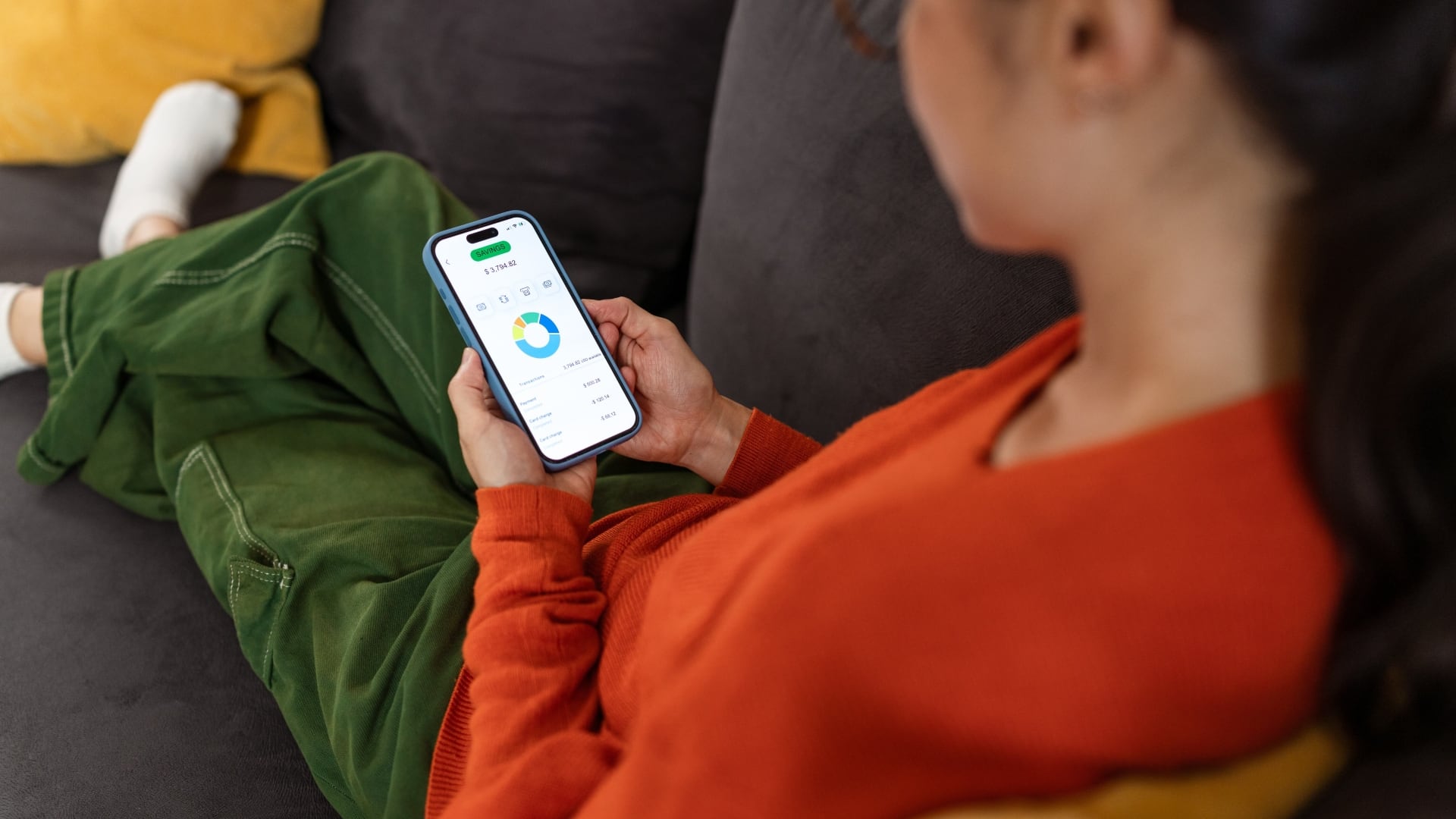Since the start of the pandemic, people have found alternate ways to stay active and fit even as many gyms implement restrictions or completely shut down. Running has emerged as one of the more popular hobbies people have taken up this year, according to Jim Weber, CEO of Brooks Running.
"We've seen, I think, 1.6 million new runners this year into our brand alone; so, there's no question that even with our sports shut down, we think more people are running than ever before," Weber told Cheddar.
The brand saw 49 percent global growth in Q3, a mark Weber attributes to new runners and its status as a subsidiary of Warren Buffett's Berkshire Hathaway.
The likelihood that the trend continues beyond the pandemic, according to the CEO, is promising. Weber pointed to the Great Recession of 2008 as a measuring stick after people picked up running as part of their daily exercise regimens and appeared to stick with it.
"So, we think this is actually the beginning of a new running boom. Next year, hopefully, when our sport opens back up from 5Ks to the Olympics and marathons and group runs, we think that's going to be a turbocharger to the growth that we're seeing now," he said.
While the broader retail industry took a major blow this year, Brooks only faced a small hiccup at the start of the pandemic and "saw signals starting in April that people were going out the door and running," Weber said. Though major events were put on hold, people were likely running to take advantage of the health perks it offers, he suggested.
"Now, I think what's keeping people out there is literally the mental benefits. We all know the physical benefits and the like but taking a part of the day and getting outdoors, getting some fresh air, and moving is just such a key part in staying healthy in this environment that we're in right now," he said.












